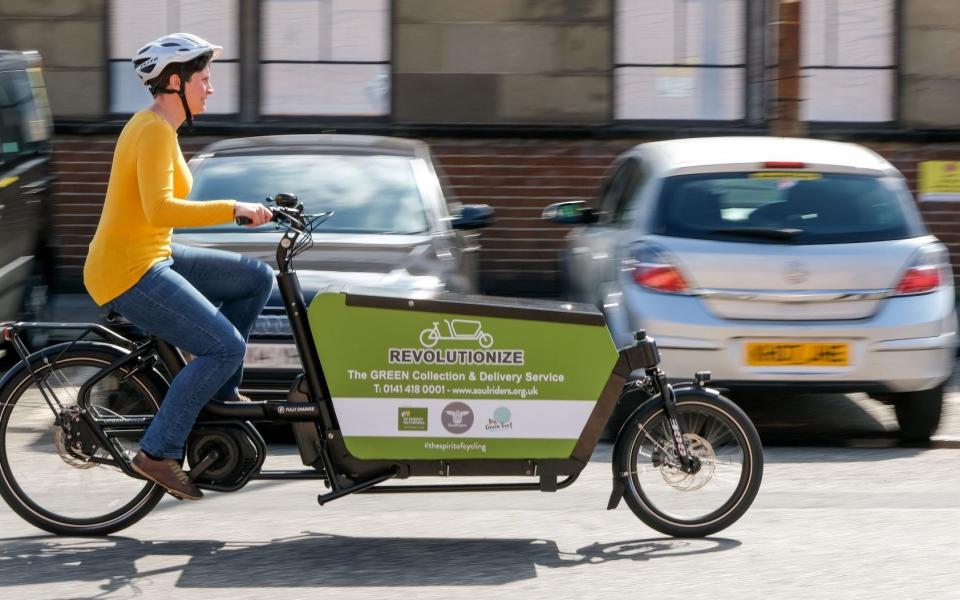Now is as good a time as any to peddle new ideas

Q: Is it ever a good plan to launch a new business during a recession? I often read of entrepreneurs who say they’ve done it and how well it worked, but they’re just the ones who survived. Surely it’s unwise to start up an enterprise when things look so bad?
A: The ingredients that offer new businesses a better than average chance of success are an inspirational entrepreneur with a really strong idea, an enthusiastic team of talented people, and enough finance to give it a go. When you think about it, those ingredients are more likely to exist in 2020 than any other time over the past 50 years.
Inspirational entrepreneurs seldom find success without the good idea, but the pandemic has been the inspiration for an outburst of invention. Take the publicans and farm shops that developed their own online home delivery services, the revival of drive-in cinema, or virtual concerts.
The massive change to the way we’re living our lives has been very bad news for several slices of the economy. Night clubs, exhibition suppliers, airlines and shops in Canary Wharf are at the centre of this recession. But some industries have been immune to the pandemic’s economic damage. Indeed, a number of new companies will make their money out of this so-called “new normal”. At a time of rapid change, there will be an unusually abundant number of fresh ways to turn a profit.
A wide range of new business opportunities will exist – and there will be plenty of talent ready and willing to join you. We’re seeing a sharp increase in the number of redundancies, which comes as no surprise, but what is surprising is that lots of people have been able to find a new job over the past two months. Delivery companies and online retailers (Tesco included) are constantly recruiting to satisfy the unexpected spike in demand.
Far from being cautious, this seems likely to be a particularly fertile period for inventive start-ups – but even the best ideas need careful cash control in their early years. It would be easy to take the availability of finance for granted. With interest rates literally next to nothing and the Government handing out furlough subsidies, “Bounce Back” loans and half-price pub meals, it’s tempting to think there will be plenty of cash around to back a good new team.
However, the caution that was implicit in your question will also be felt by bank managers and venture capitalists. For a lot of new firms, the biggest challenge will be to find investors willing to back a good idea.
Q How can a small high street shop be ready for a second wave of coronavirus? With so many local lockdowns, there’s every chance it could happen and I don’t want to be caught out like I was the first time around.
A: Don’t criticise yourself for the problems you faced earlier in the year. At the beginning of March, no one had heard the words “Stay at Home. Protect the NHS. Save Lives”. How could you be prepared for something well beyond contemplation?
But you’re right to be concerned about facing the same challenge again. Fortunately, there are plenty of lessons to learn from the experience last time round.
My advice? Write a list of all the things you would have done before March if you had known the lockdown was going to happen. Take note of everything other retailers did to keep income coming in and cut costs to a bare minimum. Your list could include developing a new website, changing your opening hours or providing a personalised home delivery service.
Local lockdowns are of course a worry, but knowing what it can be like will make a big difference.
Don’t become paranoid about the next few months. Your main focus should be on having a business fit to find success in 10 years’ time.
Sir John Timpson is chairman of the high-street services provider, Timpson.
Send him a question at askjohn@telegraph.co.uk

 Yahoo Finance
Yahoo Finance 